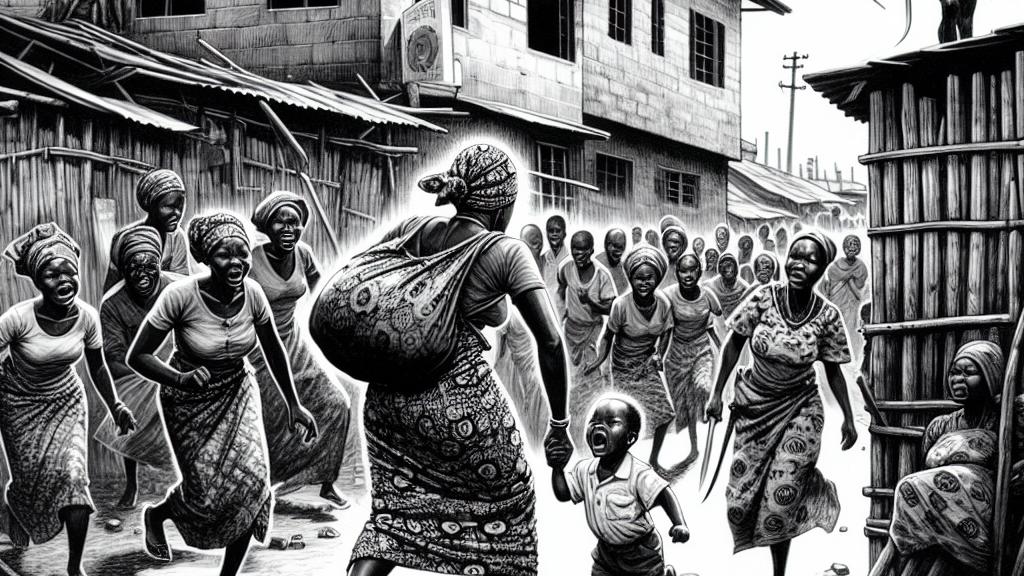The Harrowing Lives of Sex Workers in Sierra Leone
Overview
- In Sierra Leone, sex workers like Isata face unimaginable violence and ongoing threats of trafficking.
- The rise of kush addiction significantly worsens their struggles, impacting their health and parental responsibilities.
- Widespread societal neglect and inadequate government support leave these women trapped in a cycle of despair.

The Dangerous Reality of Sex Work
In the vibrant yet perilous city of Makeni, Sierra Leone, sex workers navigate a treacherous landscape filled with violence and exploitation. Women like Isata, a courageous single mother, resort to sex work as a last resort to provide for their children amidst crippling poverty. One evening, Isata found herself face-to-face with a violent man who assaulted her, stealing her money and dignity. Her story echoes the lives of many women; they endure horrific experiences that leave emotional and physical scars. The shadow of Sierra Leone's brutal civil war looms large, having left thousands of women orphaned, vulnerable, and resorting to survival tactics that expose them to further danger.
The Impact of Kush Addiction
Adding to their plight is the alarming rise of kush, a synthetic drug that has infiltrated Sierra Leonean society, targeting the youth and further complicating the lives of sex workers. Once perceived as a means of escape, kush rapidly ensnares its users, leading to devastating consequences. Consider Isata again; she sought solace in drugs to numb her trauma, only to find herself entrapped in addiction, jeopardizing her ability to care for her daughter. As president Julius Maada Bio declares kush addiction a national emergency, the call for comprehensive solutions becomes ever more urgent, highlighting the need for robust public health initiatives that effectively address this crisis, educate young people, and provide supportive environments for recovery.
Society's Neglect and Limited Support
Despite the dire circumstances, the response to these women often remains tragically lacking. Though prostitution is decriminalized, women like Isata and Nata face societal stigma that isolates them from seeking help. Efforts to combat human trafficking and assist victims are woefully insufficient, often leaving women without critical resources. Picture Nata, a mother working tirelessly to support her children, battling both financial hardship and the judgment of an indifferent society. Community support systems could provide her with the lifeline she desperately needs, yet they are strikingly absent. By investing in education, rehabilitation programs, and mental health services, we collectively have the power to transform the futures of these women, breaking the cycles of poverty and despair, and fostering a hopeful environment for generations to come.

Loading...